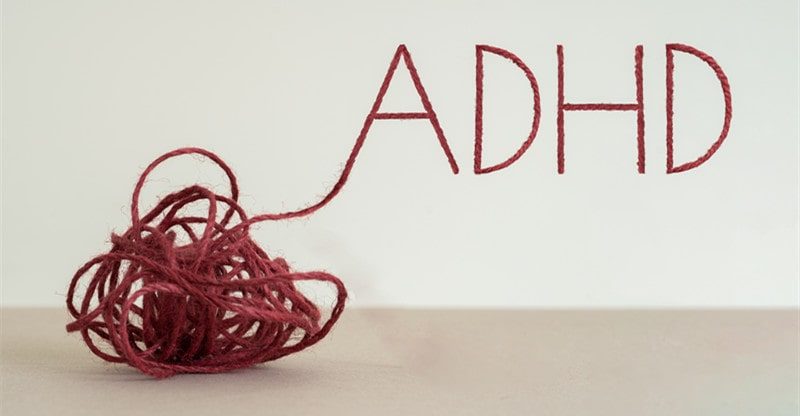Understanding ADHD: 4 Disorders That May Get Confused With It
If you’ve ever wondered if you or a family member has ADHD and paired it with a little online research, then you already know that things can get a little confusing. That’s why it’s best to get a formal diagnosis from your healthcare provider. There are other disorders that have very similar characteristics to ADHD that you should be aware of. A misdiagnosis can cause unnecessary loss of time and lead to avoidable unpleasant experiences.
Here are four disorders that are often misdiagnosed as ADHD to ask your medical professional about.
1. Depressive Disorders
When determining a diagnosis, you need to feel confident that you’re properly treating the right disorder. Because depressive disorders can present as ADHD, treating them with ADHD protocol will not yield the desired results. Experiencing trouble with executive functioning like memory, task initiation, and sustained focus is also a problem for those who are experiencing a depressive disorder.
If someone is not experiencing a depressive episode, and not exhibiting ADHD characteristics, ADHD is likely not the correct diagnosis. When someone undergoes treatment for depression and continues to have problems focusing and other ADHD symptoms, It may be time to talk to a mental healthcare provider about additional diagnoses.
2. Anxiety
Anxiety can cause a person to do a lot of fidgeting and lose focus easily, which falls into the realm of ADHD. However, sometimes people who have ADHD will develop anxiety as they cope with and navigate the stigma and stressors of ADHD. Oftentimes, anxiety will result in cortisol and adrenaline that can help improve someone’s focus, but a constant flood of these hormones in the body is detrimental to long-term health.
When anxiety is at the root of your focus and attention issues, anxiety will trigger your trouble focusing; however, if your trouble focusing precedes the anxiety, it may be an indicator that ADHD is the driving force.
3. Oppositional Defiant Disorder
This impulse control disorder often manifests behaviorally in childhood or adolescence amongst those diagnosed. Although aggressiveness and defiant behavior is sometimes seen in those with ADHD, oppositional defiant disorder (ODD) isn’t a condition that individuals are born with. It is most often a trauma response in children.
People with ODD struggle with dishonesty, irritability, and task refusal. With the proper support and therapy, young people who struggle with ODD can outgrow it. ADHD is not a disorder that people outgrow. It is a condition that can be managed, but someone with ADHD will always have a brain difference.
4. Bipolar Disorder
ADHD symptoms don’t always show up in childhood. Sometimes they present during college. This is usually due to the lack of oversight and more flexible scheduling that college students have in comparison to high schoolers and elementary students. Once the school routines and family-provided structure aren’t as dominant, attention difficulty and problems with impulse control become more visible.
Sometimes the racing thoughts, hyper-focus, and attention deficit associated with ADHD can look like a manic episode of bipolar disorder. When these symptoms of ADHD don’t subside after a few weeks or months, it’s likely that bipolar disorder is not to blame.
The truth is that ADHD is often misunderstood and that ADHD testing centers around observing behavior. This makes it difficult to diagnose if someone is attempting to cover up their symptoms or feign them. Everyone is unique and some of the more frequent characteristics of ADHD may or may not be apparent in everyone who has this neurodivergent disorder.
If you’re concerned about your diagnosis, do not hesitate to talk to your healthcare provider.



